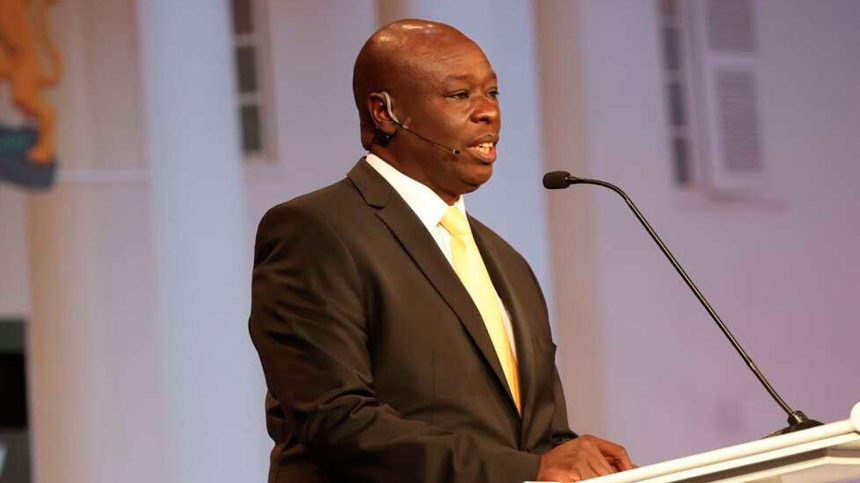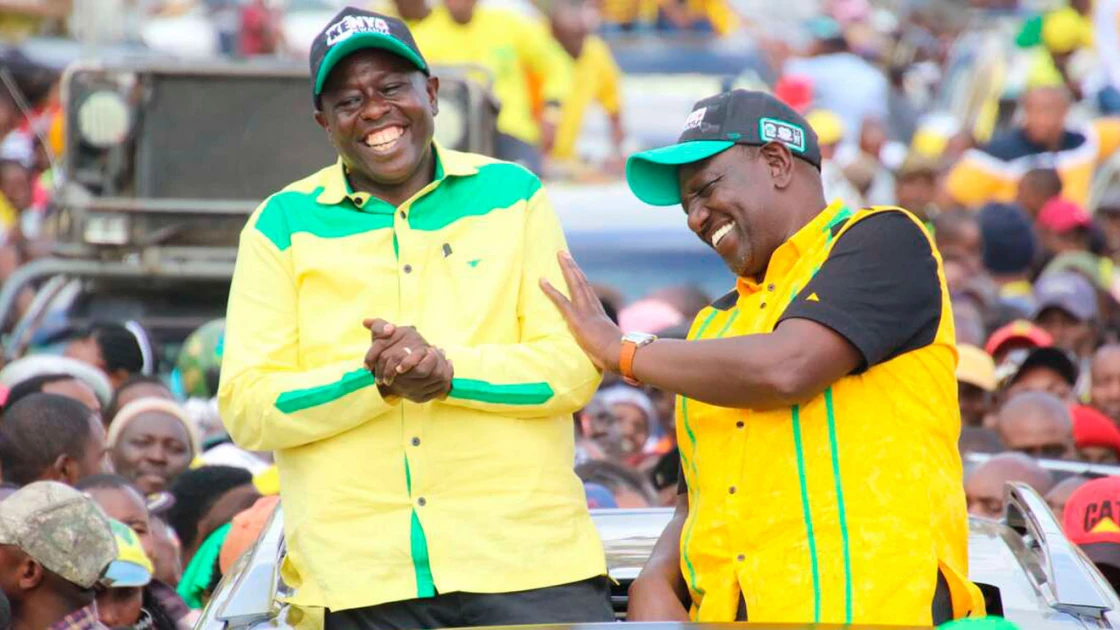County bosses in the Mt Kenya region now risk losing President William Ruto’s backing in the 2027 general election should they fail to put their best foot forward in his bid of fighting the alcohol and substance abuse in the region.
Deputy President Rigathi Gachagua who issued the warning in his tour in Nyandarua County told the governors that the ruling party will make good on the threat to impede the political ambition of first-time governors seeking a second and final term.
“I want to challenge our governors in the 11 counties, those who are not willing to help us in this fight against drug and alcoholism should not accept support from some of us,” said Gachagua.
The Deputy President alluded that his support and that of his boss is critical in ensuring that any political candidate ascends to any elective seat.
In the 11 counties, only three governors, Anne Waiguru (Kirinyanga), Muthomi Njuki(Tharaka Nithi), and Mutahi Kahiga (Nyeri) are on their second and final term as county bosses.
He questioned why some governors in the 11 counties were failing to show support for the fight against alcohol and substance abuse that has become a threat to economic stability and the lives and health of the youth.
“I will not take a microphone to urge the electorate to vote for you if you have not helped us in this fight. The President and I have a lot of influence among the electorate in the Mt Kenya region,”
“If all this youth are wasted due to alcohol, who will elect us come elections?,” Gachagua posed.
Gachagua has taken the fight against alcoholism and substance abuse as a personal pet project linking it to his political survival in the country.
In January this year, Gachagua came under sharp criticism after asking governors from the Mt Kenya region to revoke all licenses in a bid to issue a license per every town.
Nacada released a report ranking Central Kenya as the region with the highest level of alcohol consumption. At least 12.8 percent of residents aged between 15 and 65 consume alcohol, compared to a national rate of 11.8 percent.
Previous regimes’ efforts to fight drugs and illicit brew have proved counterproductive because of conflict of interest as influential business moguls have invested in the sector.




